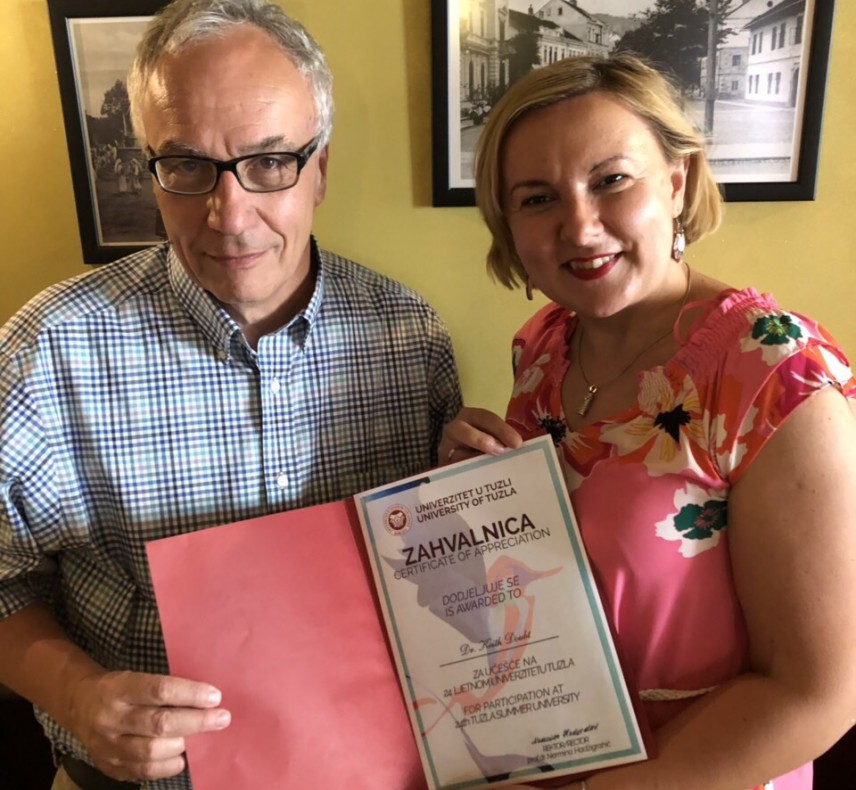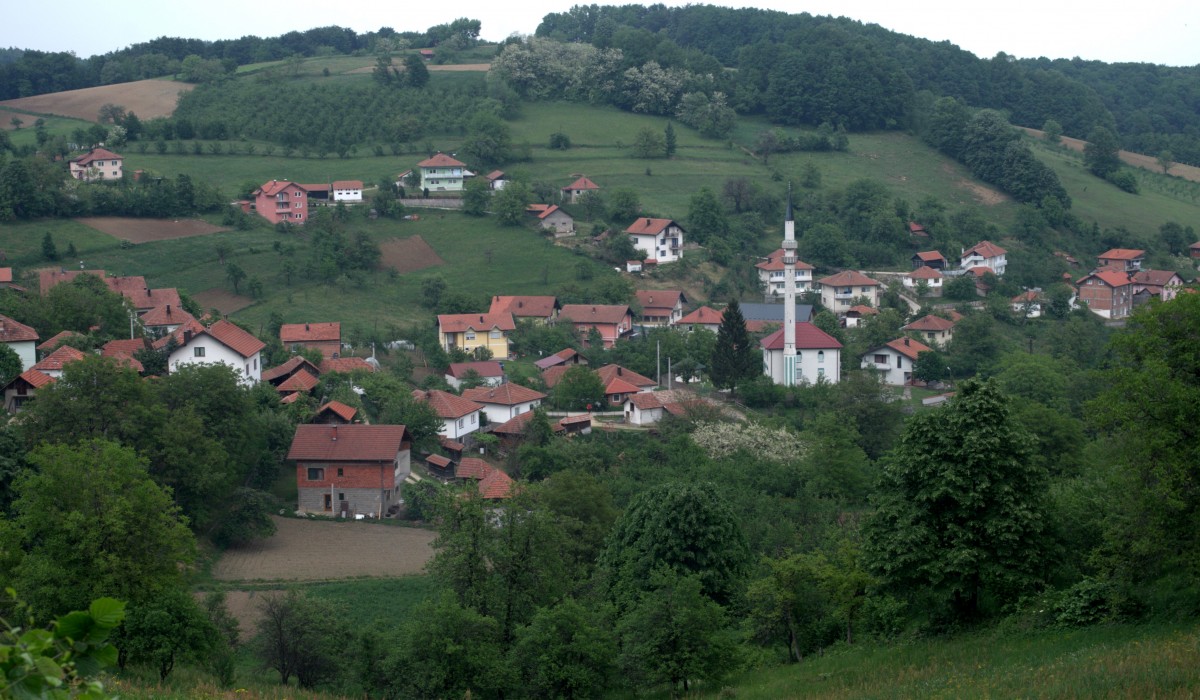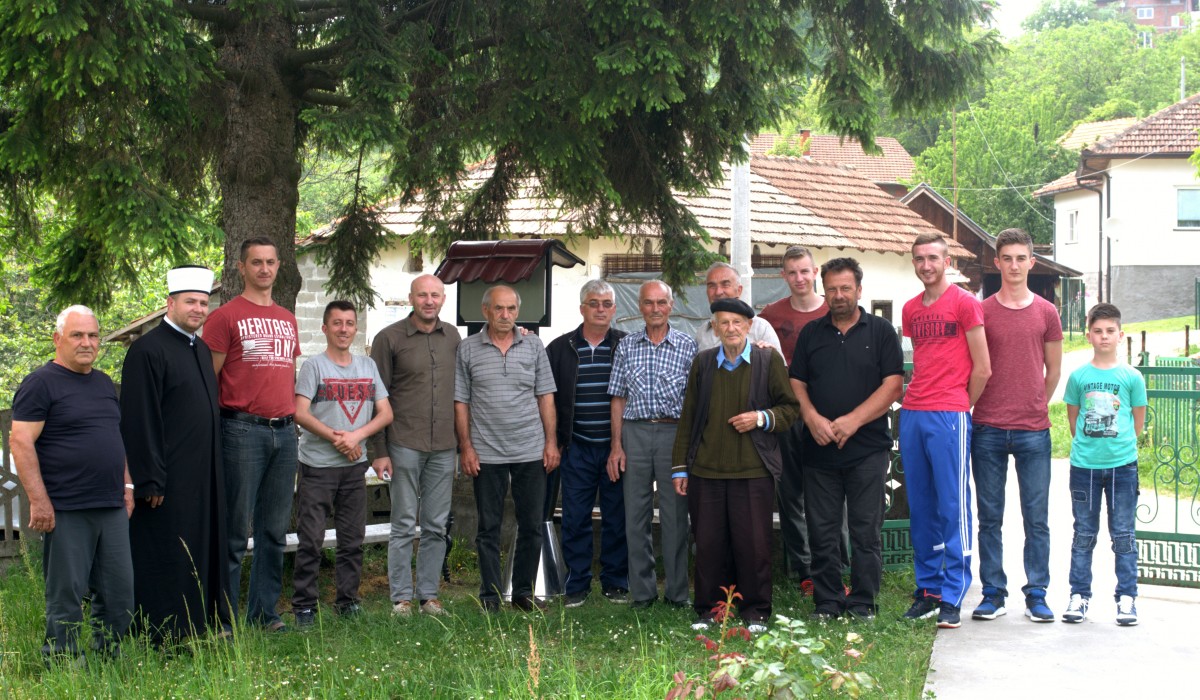For more than 25 years, Keith Doubt, Wittenberg University professor of sociology and department chair, has been interested in Bosnia. After years of research and writing, as well as several summers spent living and teaching there, he is convinced that the Bosnian society is resilient, despite a war and genocide that claimed the lives of 150,000 people and displaced more than 2 million.
Doubt’s interest in Bosnia began early in his career, as the Bosnian War, which occurred from 1992-1995 during the breakup of Yugoslavia, captured international attention. Since then, he has written five books on Bosnia.
“I wrote on the social, political, and moral consequences of crimes against humanity and genocide from a sociological perspective,” Doubt said. “I coined the word ‘sociocide’ to explain this violence, the killing of a society. I then became interested in the society itself, not as a victim, but as a place with an interesting history, compelling culture, and moving literature.”
His latest book, Ethnic and National Identity in Bosnia-Herzegovina: Kinship and Solidarity in a Polyethnic Society (Rowman & Littlefield), is “on the integrity and resilience of society, how a society cannot be killed,” Doubt said.
Co-authored with Adnan Tufekečić, the book examines the social organization, cultural character, and boundary maintenance of residents of Bosnia-Herzegovina. They argue that while Bosnians live in a polyethnic society, they share a social solidarity as a result of kinship relations that cut across ethnic and national identities.
Justyna Pilarska of the University of Wroclaw describes the book as “must-read for anyone interested in better understanding the Bosnians, the Balkan melting pot, ethnicity, and its multilayered complexity.”
Doubt often uses examples from Bosnia and the Balkans in his teaching, particularly in his social theory class and War, Identity, and Justice topics course. Students have responded with strong interest, and several have co-authored and published studies with Doubt in various academic journals. Shaye Sakos, Wittenberg class of 2018, had the opportunity to work with Doubt on the second chapter of Ethnic and National Identity in Bosnia-Herzegovina.
In addition to having his book published this past summer, Doubt completed a three-year Fulbright Flex Grant awarded to him in 2017 for a project titled “Cultural Studies: United States and Bosnia-Herzegovina.” For each of the last three years, he has taught at the University of Tuzla in Bosnia-Herzegovina for one month and conducted research for a second month.
“The past three springs I have taught a course in the English department on how the American social character is exemplified or mimed in popular televisions shows,” Doubt said. Using TV shows such as The Simpsons, The Gilmore Girls, Black-ish, and The Simple Life, students examine how each show “exemplifies the sociological account of the American social character,” he said.
“Given their interest in American culture and literature, the students enjoyed the course,” Doubt added.








